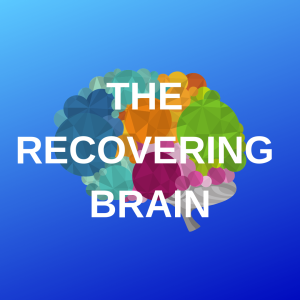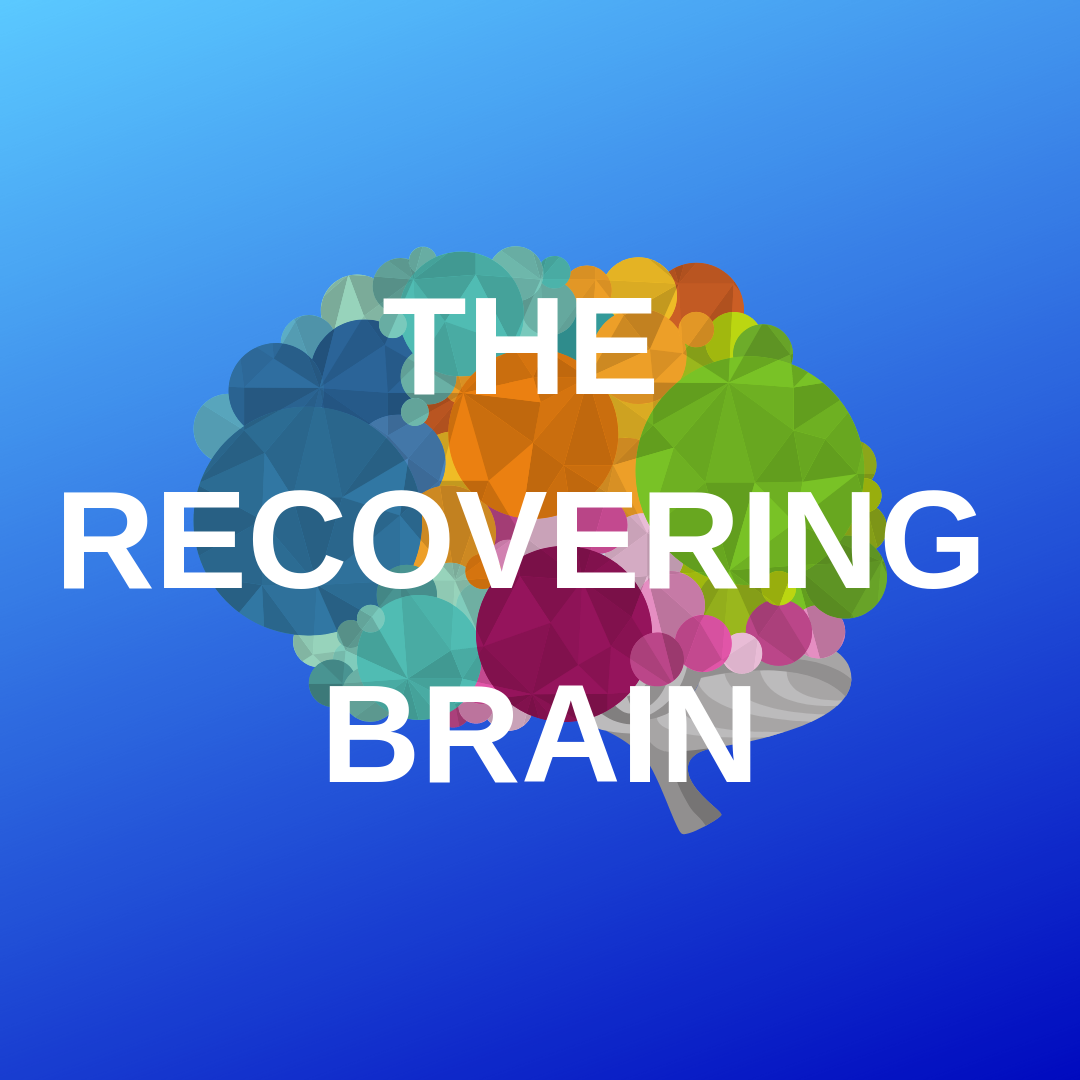Episodes

Tuesday Sep 17, 2024
Creating a Supportive Environment
Tuesday Sep 17, 2024
Tuesday Sep 17, 2024
This podcast discusses creating a supportive environment for individuals who have experienced a traumatic brain injury (TBI). It outlines strategies for establishing consistent daily routines, modifying the physical environment to be more accessible, utilizing positive reinforcement techniques, actively involving the individual in planning, ensuring consistency across settings, and seeking professional support. These strategies aim to address behavioral challenges and enhance the well-being of those with TBI, enabling them to thrive within their home, community, and daily life.

Tuesday Sep 17, 2024
Setting Up Routines
Tuesday Sep 17, 2024
Tuesday Sep 17, 2024
This podcast sources discusses establishing routines and managing behavior in individuals who have experienced a traumatic brain injury (TBI). They emphasize the importance of creating clear expectations and structure through daily schedules, visual aids, and breaking tasks into smaller steps. The sources also advocate for the use of positive reinforcement to encourage desired behaviors, with an emphasis on consistency and rewarding small successes. Finally, the sources highlight the need for collaboration with the individual to ensure the routine is tailored to their needs and preferences and consistent communication among caregivers to ensure a unified approach across settings.

Tuesday Sep 17, 2024
De-escalation Techniques
Tuesday Sep 17, 2024
Tuesday Sep 17, 2024
This podcast provides guidance on de-escalation techniques, focusing on how to manage and de-escalate tense situations, particularly in healthcare settings. The document emphasizes staying calm, showing empathy, and respecting personal space as crucial elements in de-escalation. It outlines practical strategies to maintain a neutral tone and body language, avoid overreacting, and address the underlying thoughts and feelings contributing to the escalation. The author aims to equip readers with effective tools to navigate and defuse challenging interactions, fostering a more therapeutic and constructive environment.

Tuesday Sep 17, 2024
Positive Reinforcement Strategies
Tuesday Sep 17, 2024
Tuesday Sep 17, 2024
This podcast mentions various techniques and strategies for using positive reinforcement to encourage desired behaviors. These strategies encompass providing praise and recognition, offering choices, engaging in positive attention and quality time, implementing token economies and reward systems, and modeling and vicarious reinforcement. The strategies are presented in a practical and applicable manner, offering specific examples and real-world applications for different contexts. This resource provides a comprehensive guide to utilizing positive reinforcement effectively to promote positive outcomes and personal growth.

Tuesday Sep 17, 2024
Encouraging Expression of Feelings
Tuesday Sep 17, 2024
Tuesday Sep 17, 2024
This podcast provides guidance on how to encourage and validate emotional expression in individuals who have experienced a traumatic brain injury (TBI). It offers strategies for creating a safe and non-judgmental space, teaching emotional identification, using visual aids and expressive activities, modeling healthy emotional expression, and reinforcing and rewarding emotional sharing. The goal is to empower those with TBI to openly and constructively process their complex feelings.

Tuesday Sep 17, 2024
Active Listening Techniques
Tuesday Sep 17, 2024
Tuesday Sep 17, 2024
This podcast is an excerpt from a guide on active listening techniques, focusing on how to communicate effectively in a conversation by engaging with the speaker both verbally and nonverbally. The guide outlines specific strategies for showing attentiveness through body language, such as maintaining eye contact, using open postures, and mirroring the speaker's gestures. It also emphasizes the importance of patient listening, allowing time for the speaker to gather their thoughts and offering support if they struggle to articulate their ideas. The guide encourages active engagement by paraphrasing and reflecting back the speaker's message, asking open-ended questions to encourage further discussion, and paying attention to nonverbal cues. Finally, it suggests using communication aids as needed to enhance clarity and facilitate understanding.

Tuesday Sep 17, 2024
Understanding Communication Barriers in TBI
Tuesday Sep 17, 2024
Tuesday Sep 17, 2024
This podcast focuses on common behavioral changes experienced by individuals with Traumatic Brain Injuries (TBI). It explains that TBI can lead to various emotional and cognitive disruptions, including emotional dysregulation, irritability and aggression, impulsivity and disinhibition, apathy and lack of motivation, and lack of self-awareness. These changes are attributed to damage to specific brain regions responsible for emotional regulation, impulse control, and self-monitoring. While the severity of these behavioral changes varies, they can significantly impact a person's relationships, work, and overall quality of life. Early identification and treatment are crucial to mitigate the effects of these invisible disabilities on TBI survivors.

Tuesday Sep 17, 2024
Impact of TBI
Tuesday Sep 17, 2024
Tuesday Sep 17, 2024
This podcast explores the various behavioral and emotional consequences of traumatic brain injury (TBI). The sources discuss the impact TBI can have on personality, emotional regulation, impulse control, social skills, and cognitive functions, illustrating how brain damage can lead to aggression, impulsivity, mood swings, difficulty with concentration, and impaired social awareness. The sources emphasize the importance of recognizing and addressing these challenges, highlighting the need for treatment and support to help individuals with TBI navigate these complex changes and improve their quality of life.

Tuesday Sep 17, 2024
Common Symptoms and Diagnosis of TBI
Tuesday Sep 17, 2024
Tuesday Sep 17, 2024
Common Symptoms and Diagnosis provides a comprehensive overview of the common symptoms and diagnostic methods associated with traumatic brain injury (TBI). The document highlights the most frequent symptoms, including headaches, confusion, dizziness, vision problems, and sleep disturbances. It then explains the diagnostic process, which involves a thorough neurological examination, imaging studies such as CT and MRI scans, and neuropsychological testing. The document emphasizes the importance of early and accurate diagnosis for proper management of TBI and highlights the need for ongoing monitoring as symptoms may evolve over time.

Tuesday Sep 17, 2024
Types and Causes of TBI
Tuesday Sep 17, 2024
Tuesday Sep 17, 2024
The sources provide an overview of the types and causes of traumatic brain injury (TBI), which is a serious condition that can result from both closed and penetrating injuries. Closed head injuries occur when the skull remains intact, while penetrating injuries involve objects that pierce the skull and enter the brain tissue. Common causes of TBI include falls, motor vehicle crashes, sports injuries, and being struck by an object. The severity of symptoms can range from mild to severe depending on the extent and location of brain damage.

